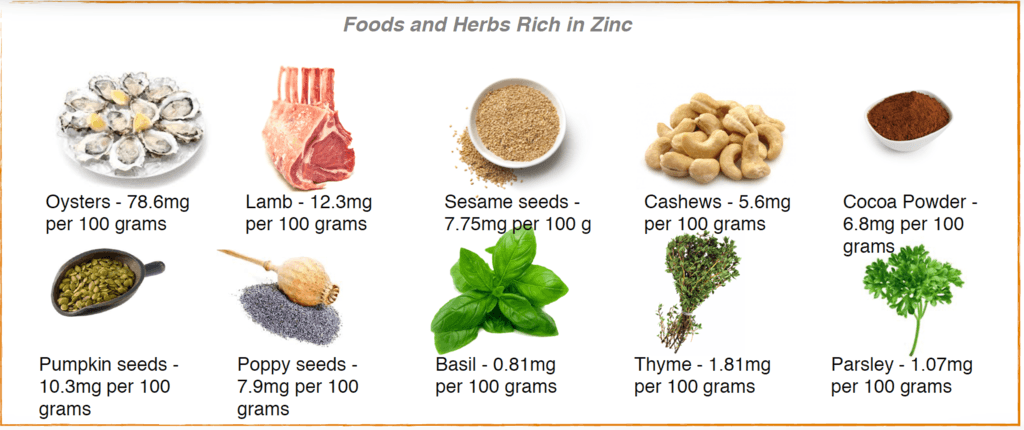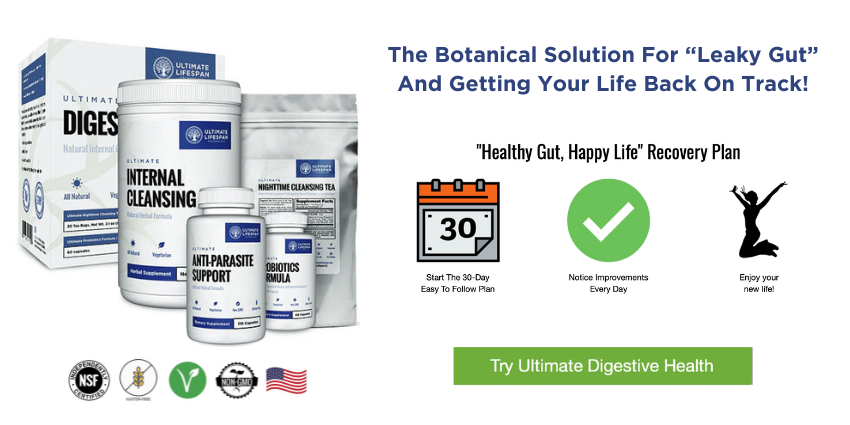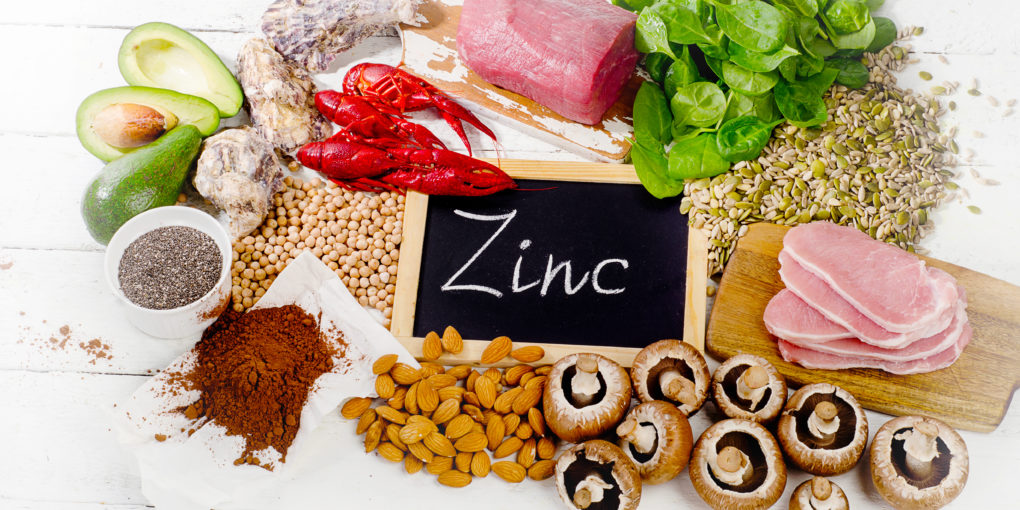Zinc – The Famous Trace Mineral & Why You Need It
Function and Importance
Zinc is an essential trace mineral, antioxidant, and is found in every cell of the body. It works directly with more than 300 critical enzymes in our bodies.
The body contains 2 – 3 grams of zinc and most of it is found in adrenals, brain and eyes, hence “No zinc no think”. Zinc is the hardest mineral to absorb and its deficiency is very widespread.
DNA synthesis – works directly in cellular metabolism and maintains DNA integrity. Several proteins involved directly in DNA damage signaling and repair, replicating enzymes and transcription factors require zinc for proper functioning. When the body is deficient in zinc, the functioning of those signaling molecules and proteins is disrupted and can result in poor maintenance and damage of DNA and formation of cancer.
Supports healthy growth and development – when zinc levels in the body are low, physical and sexual development in growing children can be retarded. People deficient in zinc can develop mental diseases and increased infections.
Health Benefits
Immune support – it plays an important role in cell division, cell growth and breakdown of carbohydrates. Zinc promotes the growth of white blood cells, which fight infections and, as an antioxidant, it fights free radicals in the body. Studies have shown that it can prevent colds and flu, and if taken at the first symptoms, can shorten its duration.
Enzyme Function: Zinc is a cofactor for many enzymes, meaning it helps these proteins carry out their catalytic functions. Over 300 enzymes in the body rely on zinc for proper functioning. These enzymes are involved in processes such as DNA synthesis, immune function, and digestion.
Wound Healing: Zinc plays a role in the synthesis of collagen, a protein essential for wound healing. It helps in the formation of connective tissue, skin repair, and the healing of injuries.
Fertility and sexual health – deficiencies in zinc significantly affect our hormone balance and especially male reproductive health. It’s been shown in studies to change sperm composition and quantity.
Sensory organs – an acute depletion of zinc causes taste and smell loss. It is reversible in most people when the zinc levels are brought back to normal. It works together with vitamin A to support vision, by sensing light and sending nerve impulses to the brain.
Skin health – zinc is important in wound healing, has anti-inflammatory effects, and protects against UV radiation. Zinc also assists in proper protein formation and cell membrane structure. Here again it works in unison with vitamin A (or retinol), which is very crucial for a healthy skin.

Supplementation
It is recommended to test your zinc levels first, before you begin to supplement just to see if that is something that you're deficient in. The ‘ideal'values should be at or close to the following:
- Zinc
- Plasma Zinc
- US Units: ~100 ug/dL
- SI Units: ~15.3 umol/L
Measures the amount of zinc in plasma/serum.
- Make sure to get your supplements from a reputable, high-quality manufacturer.
- Best forms are when sourced as true amino acid chelate: glycerinate, picolinate, orotate, gluconate.
- According to the National Institutes for Health:
- infants 7 months – 3 years should get 3 mg daily;
- children 4 – 8 years – 5 mg;
- 9 – 13 years – 8 mg;
- males 14 years and older – 11 mg;
- females 14 -18 – 9 mg;
- pregnant females 19 and older – 11 mg.
Therapeutic doses
30-75 mg/day:
Wound Healing: Take 1 month before, 1 month after surgery
Burns: 50-75 mg/day
Cold Prevention/Sore throats: (lozenges) 25-50 mg of zinc
Interaction with certain medications
Zinc supplementation can potentially interact with certain drugs. It's important to be aware of these interactions, and if you are considering taking a zinc supplement, you should consult with your healthcare provider, especially if you are taking any medications. Here are some examples of drug interactions with zinc:
- Antibiotics (Quinolones and Tetracyclines): Zinc can interfere with the absorption of certain antibiotics, such as quinolones (e.g., ciprofloxacin) and tetracyclines. It's advisable to take zinc supplements at least 2 hours before or 4-6 hours after taking these antibiotics to minimize the potential interaction.
- Penicillamine: Penicillamine, a medication used for certain medical conditions, can reduce the absorption of zinc. If you are taking penicillamine, your healthcare provider may monitor your zinc levels and adjust your zinc supplementation accordingly.
- Iron and Calcium Supplements: Taking zinc supplements with iron or calcium supplements may reduce the absorption of both minerals. If you need to take these supplements, your healthcare provider may recommend taking them at different times to avoid interference with absorption.
- Thiazide Diuretics: Thiazide diuretics, which are medications used to treat high blood pressure, may increase the excretion of zinc from the body. In some cases, zinc supplementation may be recommended to prevent deficiency.
- Certain Medications for Osteoporosis (Bisphosphonates): Some studies suggest that zinc supplements may interfere with the absorption of certain bisphosphonate medications used to treat osteoporosis. It's recommended to take zinc supplements at a different time from these medications.
- Corticosteroids: Long-term use of corticosteroids may decrease zinc absorption and increase urinary zinc excretion. Individuals on prolonged corticosteroid therapy may have an increased risk of zinc deficiency.
In Summary
Zinc, an essential mineral, plays a vital role in numerous physiological functions within the human body. Its health benefits include supporting immune function, aiding in wound healing, promoting proper growth and development, and contributing to skin and reproductive health. While zinc supplementation may be necessary for individuals with deficiencies, obtaining zinc from whole foods is generally recommended.
Foods such as meat, seafood, dairy products, nuts, seeds, and properly prepared whole grains provide a balanced and natural source of zinc, along with other essential nutrients. Whole foods offer a synergistic combination of compounds that may enhance the absorption and utilization of zinc, emphasizing the importance of a well-rounded, nutrient-rich diet for overall health and well-being.


